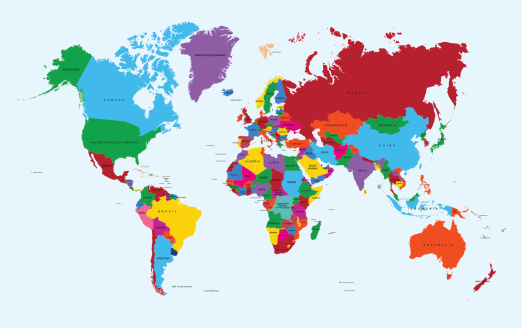In yet one more survey of the best cities to live in, most livable cities, most affordable cities and best places of foreigners to live, the Economist Intelligence Unit (EIU) has produced one of its own — “A Summary of the Liveability and Overview” of 140 cities. For starters, the list is topped by Melbourne, Australia.
In terms of the process for selection:
The concept of liveability is simple: it assesses which locations around the world provide the best or the worst living conditions. Assessing liveability has a broad range of uses, from benchmarking perceptions of development levels to assigning a hardship allowance as part of expatriate relocation packages. The Economist Intelligence Unit’s liveability rating quantifies the challenges that might be presented to an individual’s lifestyle in any given location, and allows for direct comparison between locations.
Following Melbourne among the top 10 are, in order, Vienna, Vancouver, Toronto, Adelaide, Calgary, Sydney, Helsinki, Perth and Auckland. There is a certain sameness among the cities. Not only are they grouped largely in two countries. Also there is a homogeneity to the populations and cultures in these urban areas. Indeed, all these cities get strong ranks in the survey’s education, stability, health care culture and environment, and infrastructure categories.
READ ALSO: Best and Worst Countries to Find a Full-Time Job
The cities at the bottom of the list are tragically war torn or are in hopelessly impoverished regions. Damascus is at the bottom of the list of 140, followed by, in order, Dhaka in Bangladesh, Port Moresby in Papua New Guinea, Lagos in Nigeria, Karachi in Pakistan, Algeria in Algiers, Harare in Zimbabwe, Tripoli in Libya and Abidjan in Cote d’Ivoire. Really no surprises here.
As the EIU points out as it analyzes the cities at the bottom:
Conflict is responsible for many of the lowest scores. This is not only because stability indicators have the highest single scores, but also because factors defining stability spread to have an adverse effect on other categories. For example, conflict will not just cause disruption in its own right, it will also damage infrastructure, overburden hospitals, and undermine the availability of goods, services and recreational activities.
The EIU study is created primarily to help businesses make decisions about where to locate employees. The results, however, are not much different from similar studies. Deeply troubled regions in Africa are poor places to live and the beaches of Australia are much better.
READ ALSO: 11 Countries Near Bankruptcy
Get Ready To Retire (Sponsored)
Start by taking a quick retirement quiz from SmartAsset that will match you with up to 3 financial advisors that serve your area and beyond in 5 minutes, or less.
Each advisor has been vetted by SmartAsset and is held to a fiduciary standard to act in your best interests.
Here’s how it works:
1. Answer SmartAsset advisor match quiz
2. Review your pre-screened matches at your leisure. Check out the advisors’ profiles.
3. Speak with advisors at no cost to you. Have an introductory call on the phone or introduction in person and choose whom to work with in the future
Thank you for reading! Have some feedback for us?
Contact the 24/7 Wall St. editorial team.



